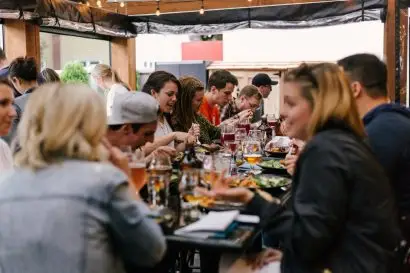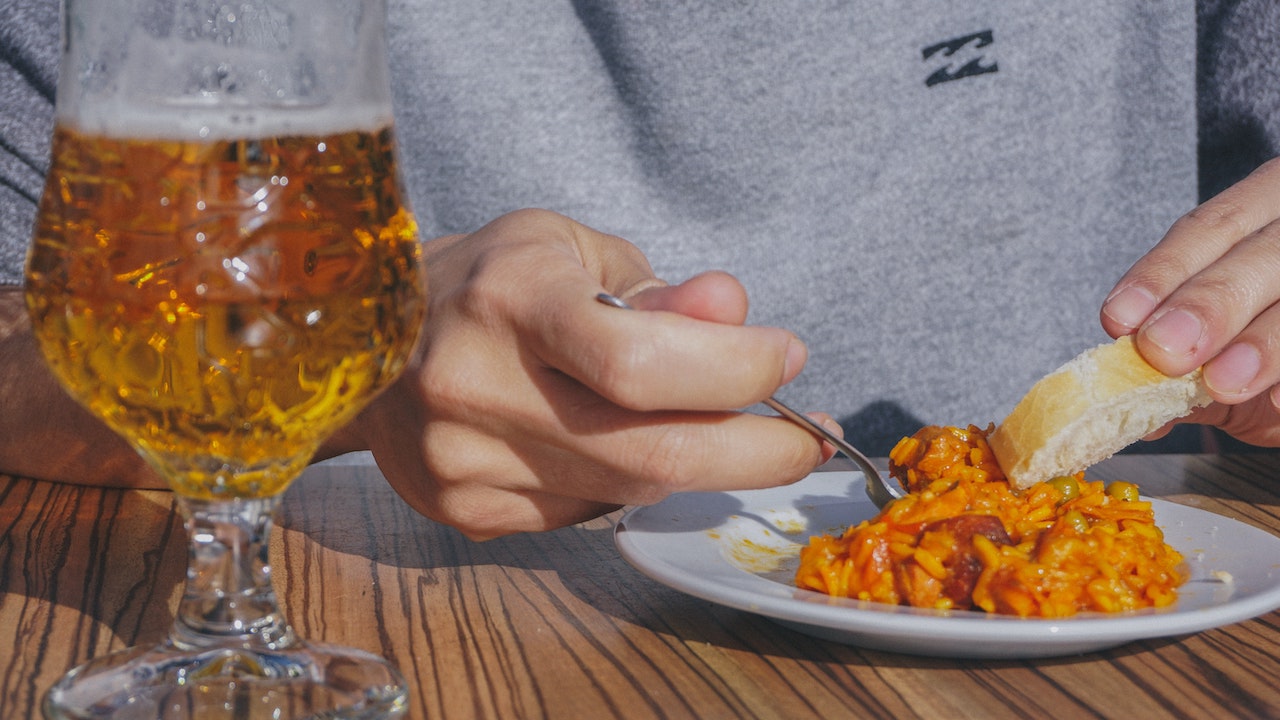5 Tips for Pairing Tapas & Craft Beer
When we talk about tapas and craft beer there’s one common thing that comes to my mind: a product that is hand-crafted by a passionate human being. While tapas, the famous Spanish-style snack shared among friends, exist in many forms and variations (depending on the part of Spain we are looking at), they are now a worldwide, healthy staple. On the other hand, craft beer is the new trend among foodies all over the world. Plenty of small producers pop up in every major and minor city throughout the world. In this piece we’ll depict the essential tips to pair both. Before we begin, let’s start with insights about what are tapas, and what is craft beer.
What are Tapas?
Tapas are much more than a dish or option for a meal. Tapas are more of a concept that originates in Spain, and many locals consider them as a way of socializing with friends through small size dishes that are shared. It is quite common to go out in Spain with friends and ask for a bunch of tapas for all diners to be shared together.Tapas include practically anything―from an assortment of olives, bread with tomato, and sautéed squids, to a gourmet of slow-cooked beef cheek served over a sweet potato puree or a raw fish salad. Each of them has an origin in different parts of Spain. Cafes and restaurants serve tapas on a daily basis. Tapas are the way to keep yourself full when jumping from bar to bar.

What Is Craft Beer
While there is not a concise, clear definition of what craft beer is, one might think about that kind of beer that is made by one or few passionate individuals. They tend to produces small batches, they are generally independent, and use traditional methods of production. Brewers differ in size and amount of beer generated. You can find local craft beers only available at your own city, or craft beers that are bottled and exported all over the country and even the world. Most Craft Beer Bars serve brews created by breweries with the above characteristics.
How Do I Get The Most Out of Tapas & Craft Beer
Throw all of the rules out the window and experiment with contrasting and complementary pairings as well: that’s called Contrasted Flavors. Match foods with complimentary flavors, or try contrasting them to create a slew of unique results. The more hop bitterness the beer has, the heartier or livelier the meal needs to be to hold its own comparatively.A general rule is keep sweet with sweet, and keep tart with tart. That’s called Balanced Flavors. Try to keep your beer sweeter or more tart with the respective sweet or tart food on the plate. There are exceptions, of course, like pairing drier robust beers with sweet chocolates. For those of you who are bound to the wine pairing school of thought, think of ale as red wine and lager as white wine. Hoppy beers can also be used in place of a pairing that calls for an acidic wine. Though it honestly doesn’t matter, these tips might help you to convert your taste buds over to beer or those of a friend over to the beer-side. Taste is very subjective and what works for one person might not work for another. If it tastes good to you, then go for it. However, also be open to suggestions, as these tend to come with some knowledge and possible palate enlightenment.
5 Tips to Pair Tapas & Craft Beer: Examples
GRAINS Paella with black ink from squid or just almonds
CLEAN & CRISPAmber Lager / Bohemian Pilsner
SHELLFISHShrimps with Garlic & Butter
FRUITY & SPICYBelgian Saison / German Hefeweizen
FATS Ham & Manchego Cheese
HOPPY & BITTER I DARK & ROASTY American Black Ale / English Porter
PORK Botifarra (Sausages)
HOPPY & BITTERImperial India Pale Ale / Belgian Dubbel
FISH & BEANSFried fish with beans
MALTY & SWEETEnglish Brown Ale / German Hefeweizen
Author: Andre Arriaza, Travel Blogger and Co-Founder ofBarcelona Eat Local Food Tours
